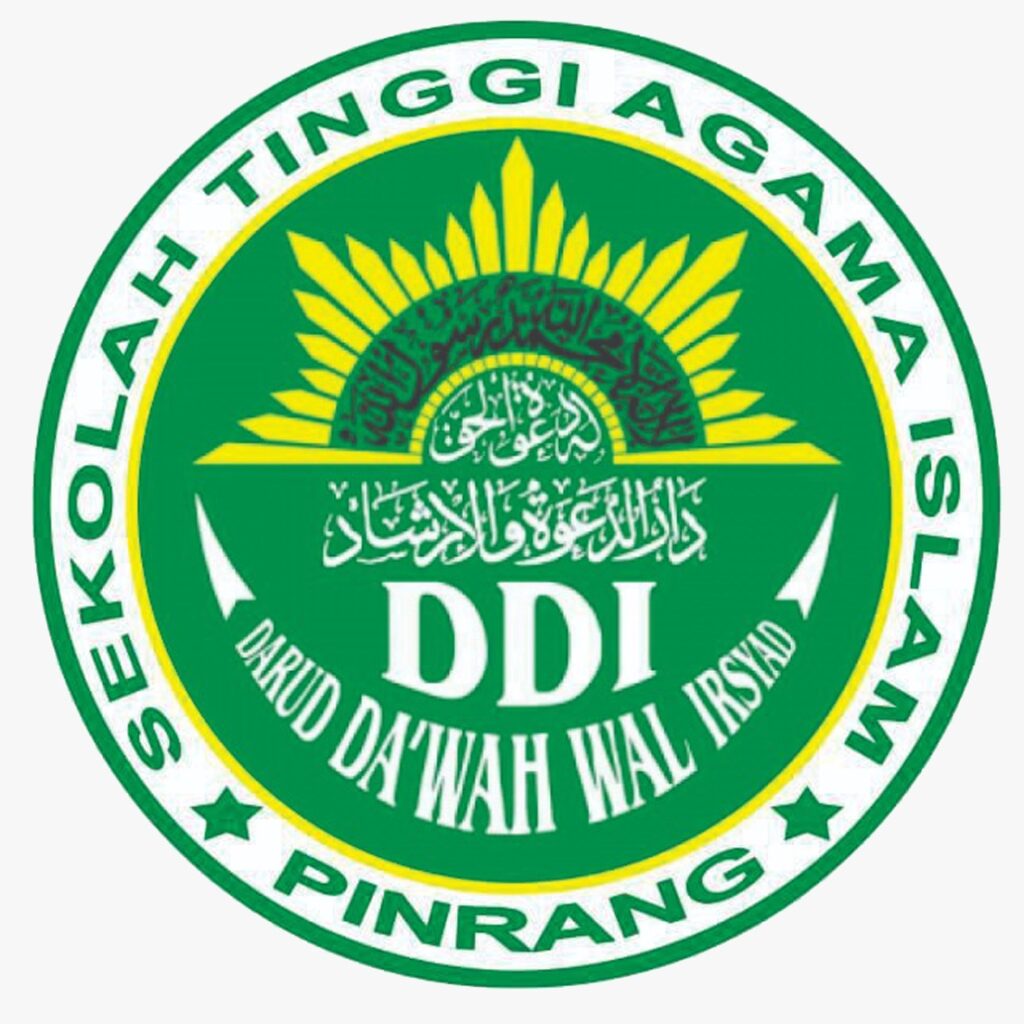Kontribusi Halal Value Chain dalam Pengembangan Ekonomi Syariah pada UMKM
Kata Kunci:
Halal Value Chain, MSME Development.Abstrak
The global Islamic economy industry focuses on highly consumptive and competitive sectors, such as food, lifestyle, tourism, and finance. The principle of halal serves as a universal indicator for Muslims regarding product quality and living standards. Therefore, it is crucial to start with halal raw materials and maintain integrity throughout the entire halal supply chain. The implementation of a halal value chain for all products is a form of trust for all producers. The distribution and marketing of halal food and beverage products must indicate the Shariah values and must not be mixed with non-halal products. This research aims to explore the development of the Islamic economy through the support of halal value chain implementation and to analyze data on the growth of halal certification among MSMEs in Indonesia, particularly in South Sulawesi. This study used a literature review method, gathering references relevant to the research topic. The findings indicate that the support for the halal value chain does not stop at distribution and marketing but also requires strengthening Islamic financial institutions, regulations, and research development. Aspects such as protection, impartiality, legal certainty, transparency, effectiveness, and efficiency are highly valued in ensuring the halal guarantee of a product. For Muslim consumers, halal certification is essential as it integrates religious values with consumer rights.
Unduhan
Referensi
Ahla, Anisah. 2020. “Strategi Pengembangan Ekonomi Syari’ah Melalui Penguatan Halal Value Chain (Studi Kasus Pada Industri Pariwisata Halal Di Kota Banjarbaru).”
Annisa, Arna Asna. 2019. “Kopontren Dan Ekosistem Halal Value Chain.” Jurnal Ilmiah Ekonomi Islam 5(01):1. doi: 10.29040/jiei.v5i01.398.
Bayumi, Muhamad Rahman. 2022. “Diem Rekonstruksi Konsep Bisnis Halalan Thayyiban Penguatan Integrasi- Interkoneksi Ekosistem Halal Value Chain Bayumi , Iqbal , Diem , Muhlis Diem.” 6(2):64–80.
Charina, Anne, and Dinna Charisma. 2023. “Efektivitas Penerapan Ekosistem Halal Value Chain (Hvc) Pada Industri Makanan Dan Minuman Halal Di Indonesia.” Mimbar Agribisnis : Jurnal Pemikiran Masyarakat Ilmiah Berwawasan Agribisnis 9(2):1858. doi: 10.25157/ma.v9i2.10135.
Eka Budiyanti. 2022. “Isu Sepekan.” 1–2.
Fauzi, Daffa Redika. n.d. “Penerapan Konsep PDCA Dan Halal Value Chain Untuk Pengembangan Industri Halal Di Indonesia Penerapan Konsep PDCA Dan Halal Value Chain Untuk Pengembangan Industri Halal Di Indonesia Share.”
Fuadi, Andri Soemitra, and Zuhrinal M. Nawawi. 2022. “Studi Literatur Implementasi Sertifikasi Halal Produk UMKM.” Jurnal EMT KITA 6(1):118–25. doi: 10.35870/emt.v6i1.541.
Hadi, Nanang Faisol, and Nur Kholik Afandi. 2021. “Literature Review Is A Part of Research.” Sultra Educational Journal 1(3):64–71. doi: 10.54297/seduj.v1i3.203.
Hasanah, Miftahul, Muhammad Syafii, and Kata Kunci. 2023. “Implementasi Halal Value Chain Dalam Mewujudkan Ekosistem Halal Pada Produk Unggulan UD Mitra Jamur Jember.” 5(2):98–107. doi: 10.32528/at.v5i2.1131.
Jaya, Guntur Putra. 2023. “Kiat Penelitian Dengan Model Pendekatan Telaah Kepustakaan.” TIK ILMEU Jurnal Ilmu Perpustakaan Dan Informasi 395–410.
Julistia, Cut Ernita, Aulia Syarif Nasution, Muhammad Yusuf Imfazu, and Riyan Pradesyah. 2021. “Analisis Ekosistem Halal Value Chain Pada UMKM Di Kota Medan.” Al-Muaddib: Jurnal Ilmu-Ilmu Sosial Dan Keislaman 6(2):247.
Kasanah, Nur. 2022. “Potensi , Regulasi , Dan Problematika Sertifikasi Halal Gratis.” 1(2).
Kemenkeu. 2024. “Ekonomi Syariah Indonesia Melanjutkan Pertumbuhan Positif Di 2023.”
Kusjuniati, Kusjuniati. 2020. “Strategi Dan Peran Penting Komite Nasional Ekonomi Dan Keuangan Syariah (KNEKS) Dalam Mendukung Ketahanan Ekonomi Nasional.” Widya Balina 5(1):112–23. doi: 10.53958/wb.v5i1.55.
Latifah, Eny, Rudi Abdullah, Universitas Muhammadiyah Kendari, Info Article, Sharia Economy, and Creative Commons. 2022. “PERAN SERTIFIKAT HALAL DALAM MENINGKATKAN.” 01(02):117–35.
M Arif Efendi. 2022. “Bangun Ekonomi Syariah, Sekjen Kemenag Bicara Pendirian BPJPH Dan Industri Halal.” Retrieved (https://www.kemenag.go.id/nasional/bangun-ekonomi-syariah-sekjen-kemenag-bicara-pendirian-bpjph-dan-industri-halal-6xsdnf).
Milasari, Dian. 2024. “Ekosistem Halal Dan Pemberdayaan Umkm Syariah Di Yogyakarta.” 5:184–95.
Mohammad Romli. 2022. “Halal Velue Chain Development Strategy From Islamic Boarding Schools.” 417–27.
Mu, Uliyatul, Atik Mardiyah, and Aprilia Sri Utami. 2021. “Strengthening the Halal Value Chain in Shredded Catfish Marketing through Digital Adaptation Penguatan Halal Value Chain Dalam Pemasaran Abon Lele Melalui Adaptasi Digital.” 1(1):65–74.
Olap.halal.go.id. 2024. “Dashboard Sertifikat Halal.” Retrieved (http://olap.halal.go.id/public/dashboard/a774d4d4-dd72-4e27-8a62-2801f6f08f3c).
Rusydiana, Aam Slamet, and Lina Marlina. 2020. “Analisis Sentimen Terkait Sertifikasi Halal.” 5(1):69–85.
Subianto, Pratiwi. 2018. “Rantai Nilai Dan Perspektif Kesadaran Masyarakat Muslim Akan Makanan Halal.” Conference on Islamic Management, Accounting, and Economics (CIMAE) 1:141–46.
Warto, and Samsuri. 2020. “Sertifikasi Halal Dan Implikasinya Bagi Bisnis Produk Halal Di Indonesia.”





